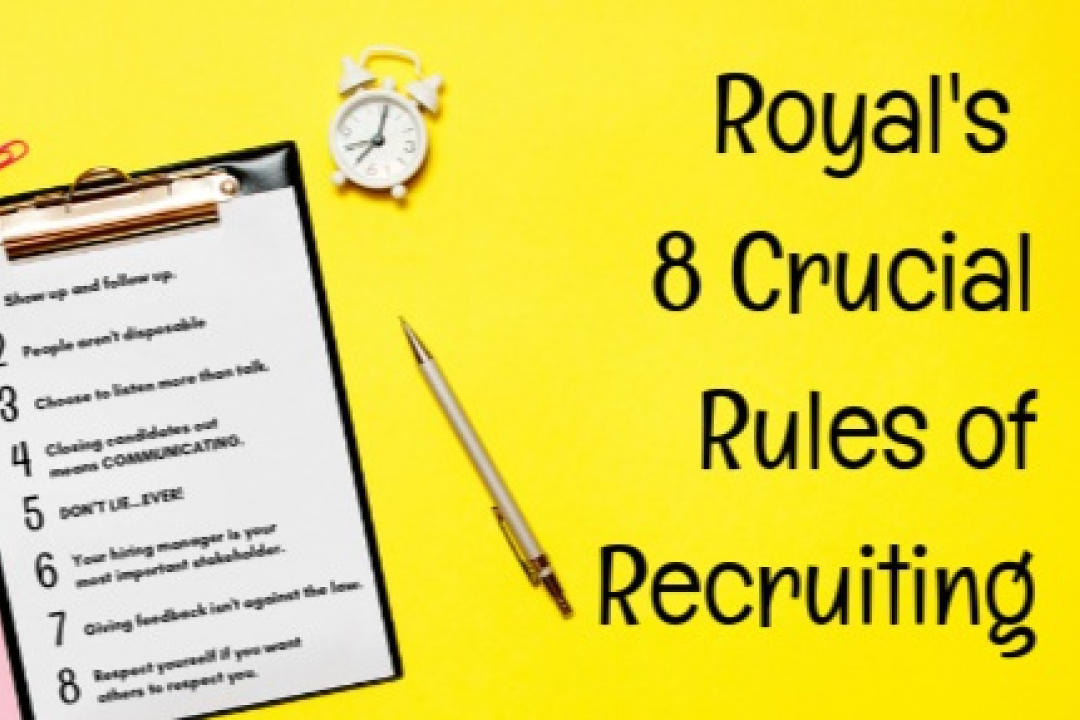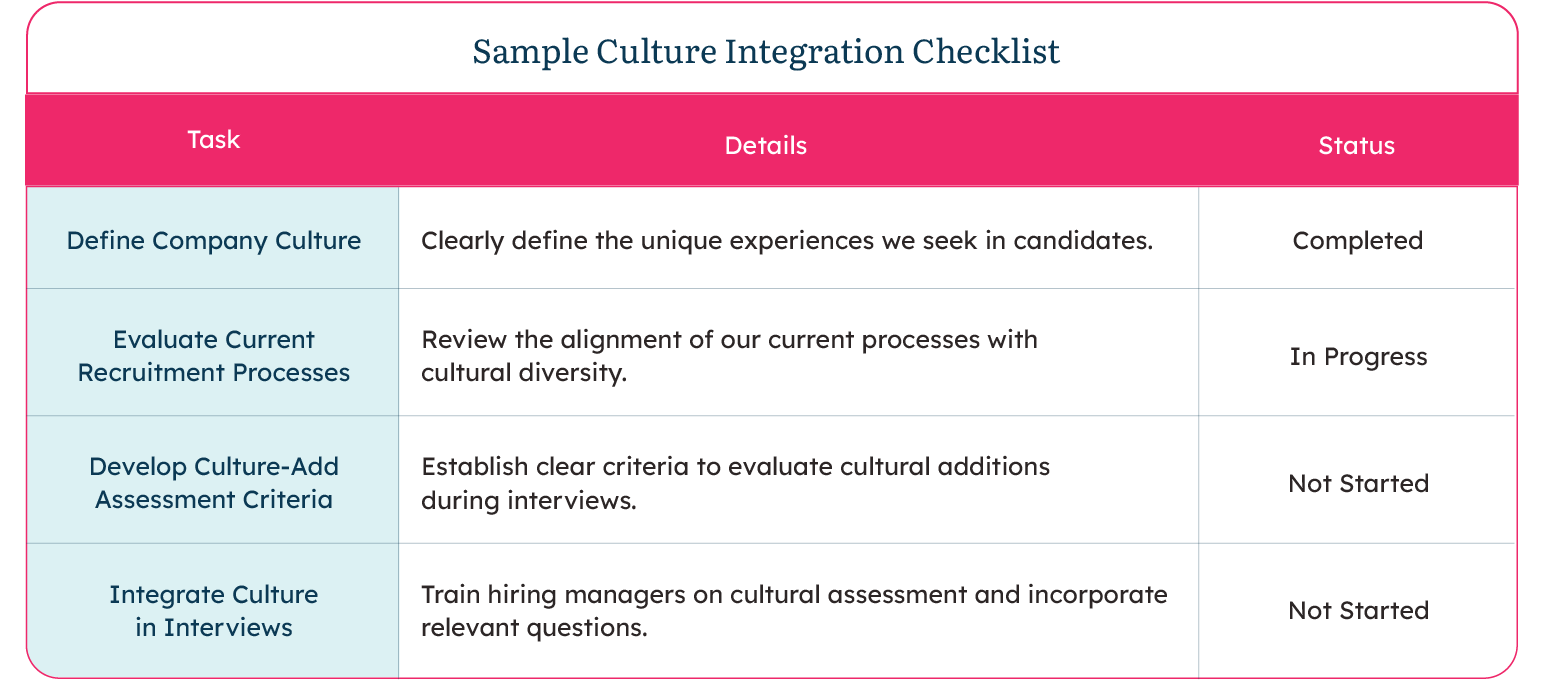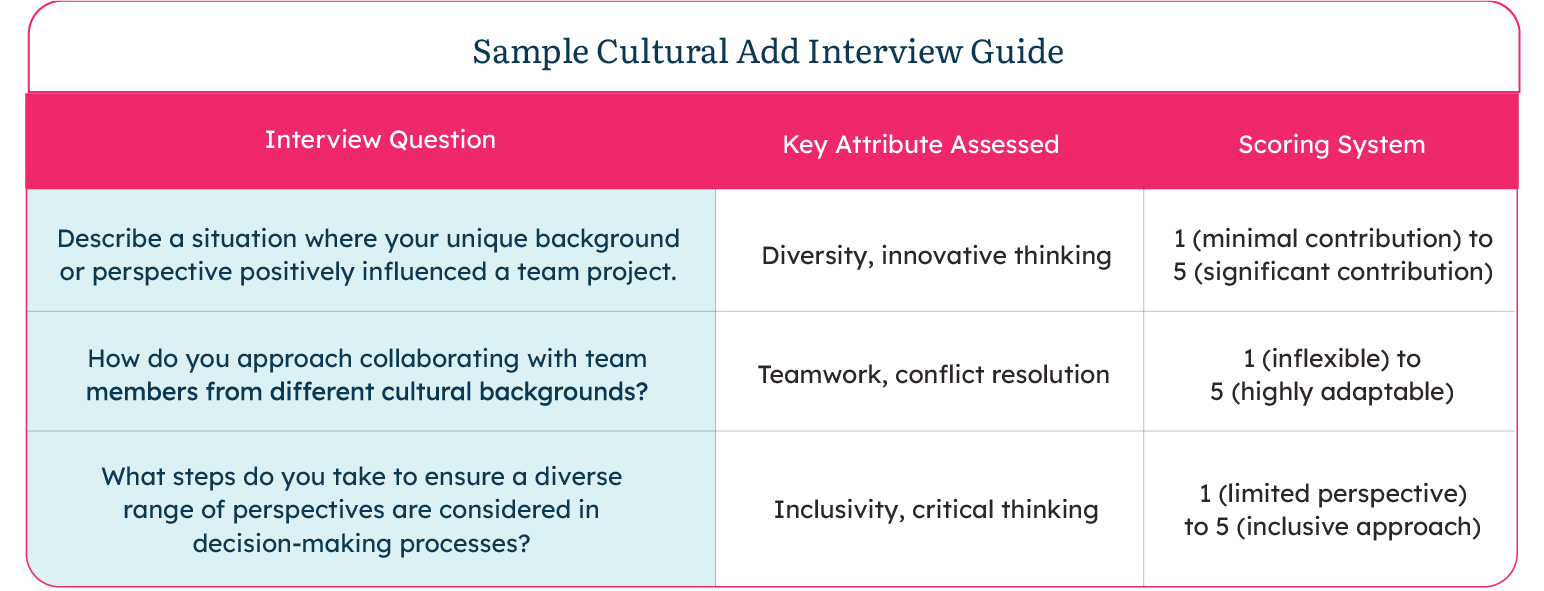As a seasoned talent acquisition professional, I’ve watched for years as recruiters and hiring managers struggle with enacting best practices in their hiring process. It makes sense – recruiting is a complex system of relationships, tasks, and managing expectations between employers and candidates.
While each of these guidelines has a wealth of research and formal process steps that back it up, I wanted to cover the most crucial elements in a way all recruiters can relate to. So I’m tellin’ it like it is and not holding back.
The Foundation of Effective Recruiting
1. Show up and follow up. Set candidate expectations from the beginning. Engagement happens throughout the entire process. You can alleviate frustration right out of the gate by setting realistic expectations from the very first conversation. Your job is to continue to reinforce the correct expectations through every touch point.
2. People aren’t disposable. A recruiter can make or break an employment brand. Treating people as disposable is the easiest way to destroy a business reputation. Human connection matters – tools and tech can’t replace relationship and intentional engagement.
3. Choose to listen more than talk. The biggest tool in your kit is your ears…so use them! You can learn a lot by listening to your candidate instead of asking them BS questions that don’t have substance or relevance. Once you tap into what they enjoy doing, what their goals are and what they desire, you’ll start engaging in a different type of conversation. Recruiting is relational. This is not about the business transaction – it’s about building relationship.
Building Strong Candidate Relationships
4. Closing candidates out means COMMUNICATING. Tell them they didn’t get the job – and be human about it. The biggest thing we can do to make an impact is to follow-up, with respect and authenticity. You can be like to rest of the recruiters out there and leave a candidate hanging or do the respectful thing and call them and let them know. That move sets you apart from the rest, gives you credibility, and helps you build lasting relationships.
5. DON’T LIE…EVER! If you don’t know, tell them. Transparency isn’t a bad thing. If you’re lacking info, don’t make that shit up! Go find out and get back to them. It is better to be open, honest and transparent and show that you are human, then to lie your ass off and have it come back to bite you. The worst thing we can do is lie about expectations in the process, challenges in the position, realities of a hiring manager, company culture, and pull bait & switch.
6. Your hiring manager is your most important stakeholder. If you make the effort to build that relationship, it will pay ten-fold. Your hiring manager can make or break the hiring process and can be leveraged throughout to drive engagement, recruit, position the brand, sell the opportunity and close a potential hire.
Professional Growth and Communication
7. Giving feedback isn’t against the law. Being discriminatory in your hiring practice is against the law. If you know the difference, you aren’t increasing risk. It’s not about you or how uncomfortable you are giving bad news. You are creative and can find a way to appropriately offer support to a candidate’s future success. Not having a “good enough” answer, feeling bad or not having time are tired excuses and they damage your company’s employment brand. There is no legitimate reason to not communicate professionally with humans
The Last Word…
8. Respect yourself if you want others to respect you. You’re not an order taker or paper pusher. If ya’ll are happy taking a job order, or never talking with your hiring manager and funneling resumes…then so be it. You have a huge opportunity to showcase your knowledge and what you have to offer. You are an advisor of talent strategy. Act like it!
TIP: Schedule a recruiting strategy meeting with your hiring manager. Prepare & research beforehand. For your first meeting, take in 4-5 sourced profiles to review as benchmark candidates, as well as profiles from their network and their employees’ network. Network connections can be leveraged as referrals! Go in prepared with salary and market data. Review the job description, in detail. Find out what their dream candidate looks like. Set expectations for process and timelines. Engage in an actual conversation and show them that you deserve a seat at the table!
Making these eight rules the foundation of your practice will go far in elevating your role as a recruiter and it will impact your results in ways you may not have thought possible. Got a comment or question? Let me know!




